Number Recognition Normal Matching Worksheets for Ages 3-9
6 filtered results
-
From - To
Introduce your young learners to the world of numbers with our engaging "Number Recognition Normal Matching Worksheets for Ages 3-9". Designed to strengthen counting skills, these worksheets provide fun and interactive activities, encouraging children to match numbers with corresponding objects. With colorful illustrations and clear instructions, kids will quickly grasp number concepts, while enhancing their fine motor skills and cognitive development. Perfect for classroom or homeschooling, our worksheets are tailored to cater to varying skill levels to ensure every child achieves foundational math success with joy and confidence. Download and start fostering a love for numbers today!
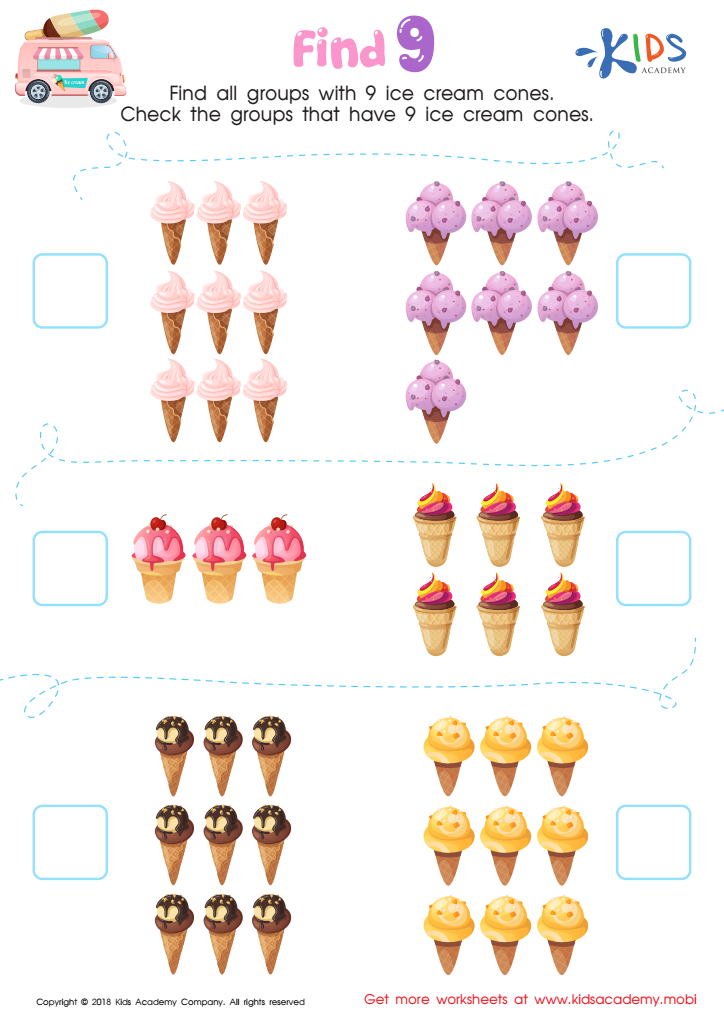

Find 9 Worksheet
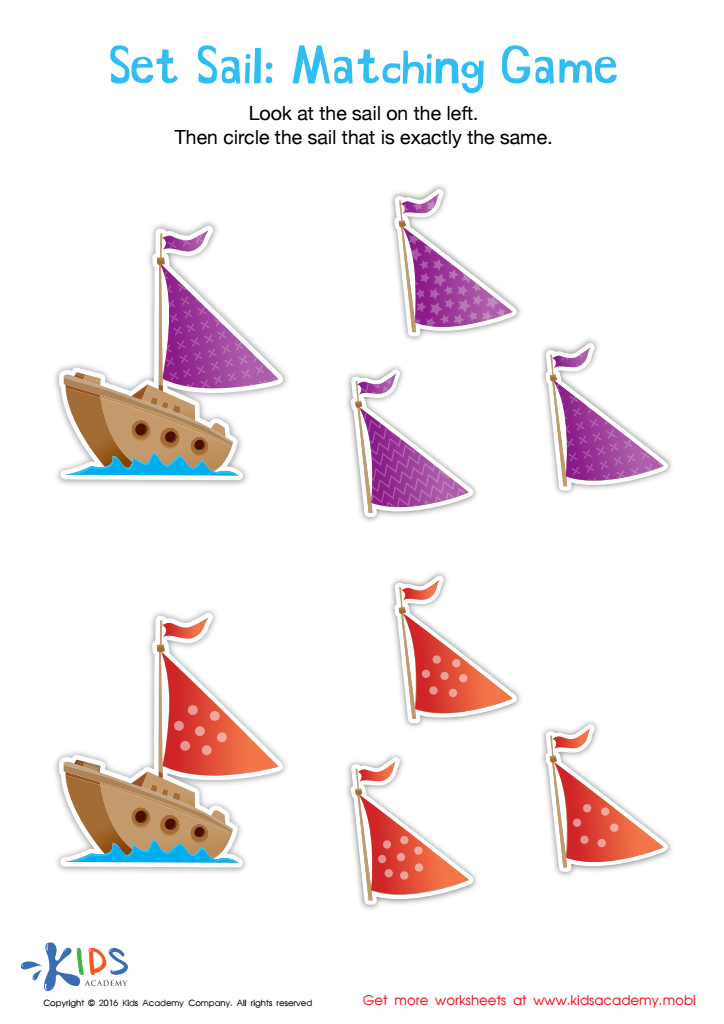

Set Sail Worksheet
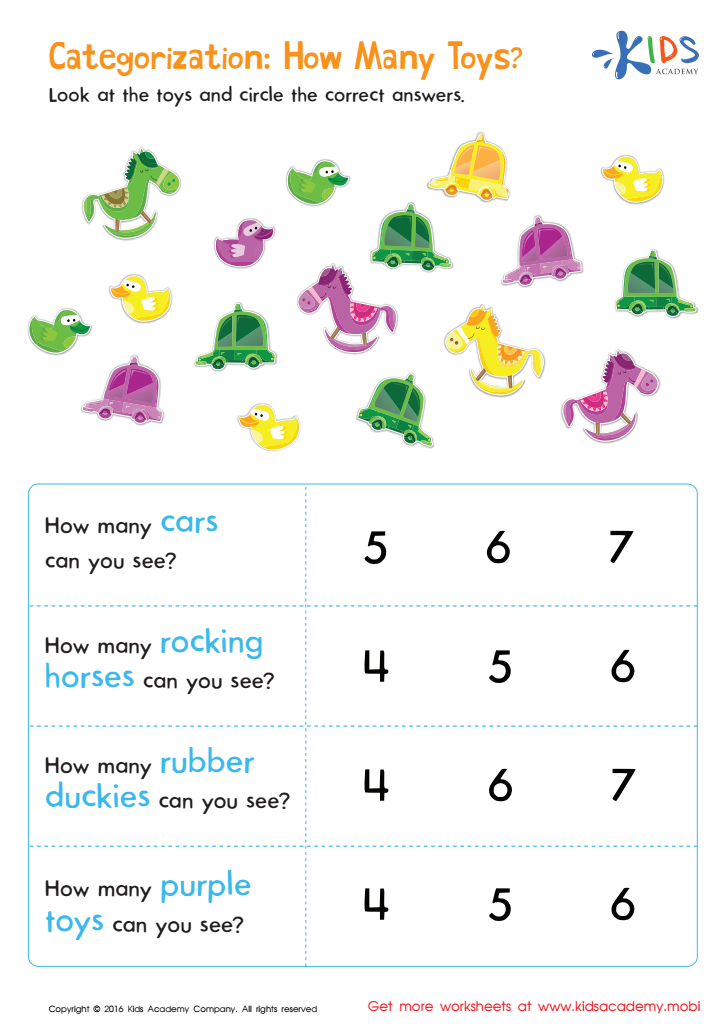

Classifying Toys by Type and Color Sorting Worksheet


Frog Countdown Worksheet
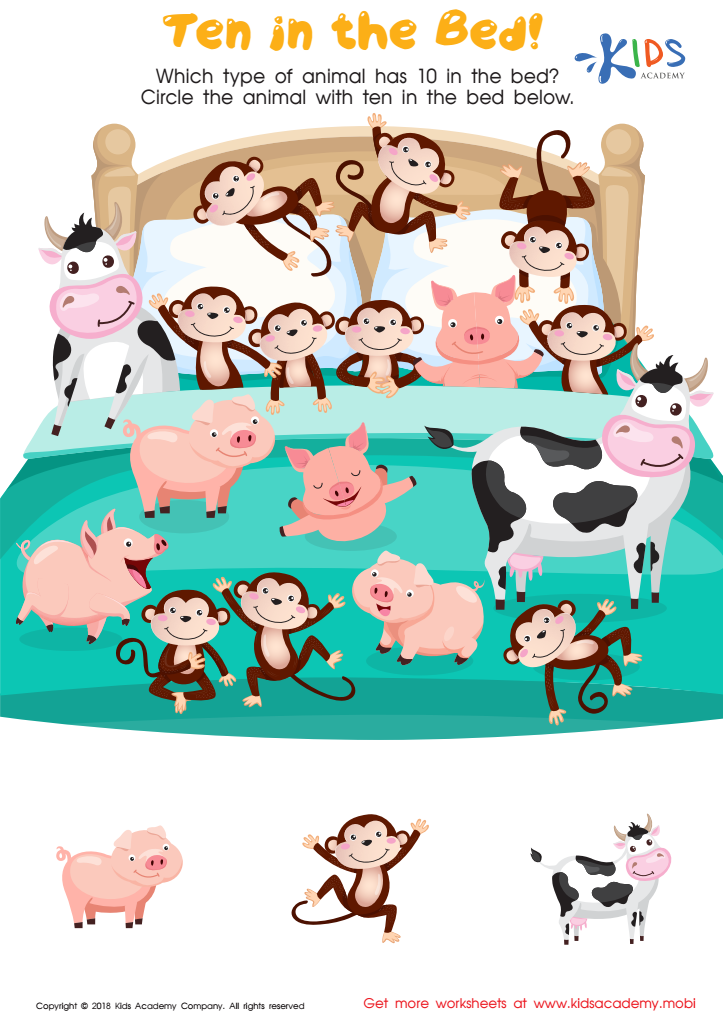

Ten in the Bed Worksheet
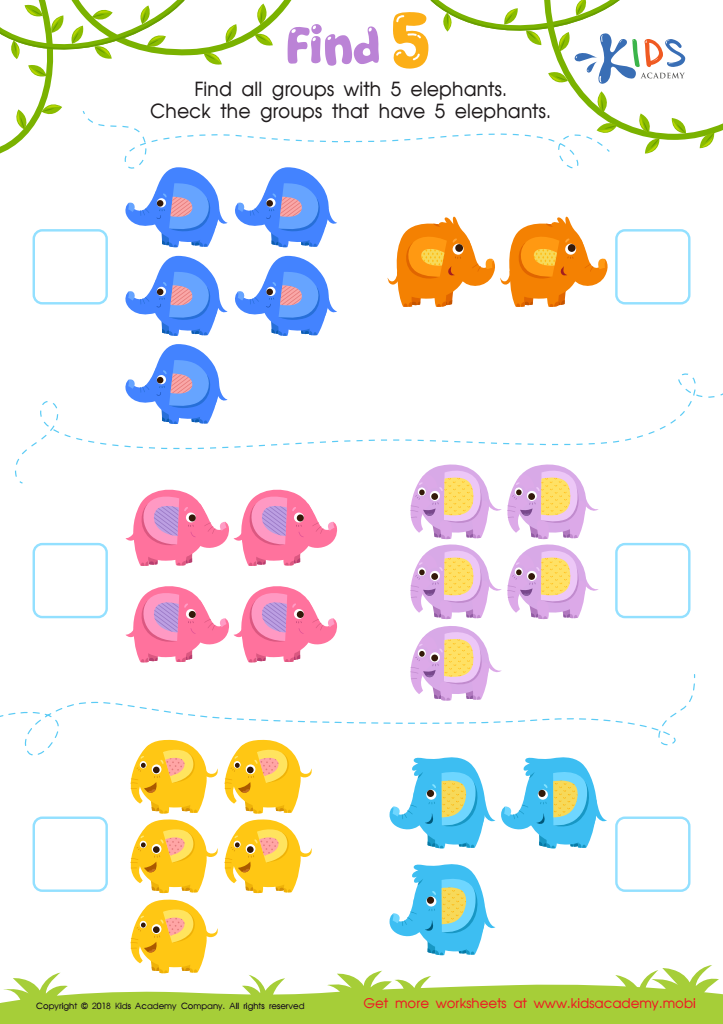

Find 5 Worksheet
Number recognition is a foundational skill for young children in the 3-9 age range, and both parents and teachers play a crucial role in fostering this competence. At its core, number recognition involves identifying and understanding numbers and their associated symbols. Mastery of this skill is a gateway to more complex mathematical concepts and problem-solving abilities.
Caring about number recognition normal matching helps children develop important cognitive abilities such as pattern recognition, memory, and logical thinking. When children can consistently recognize and match numbers, they build confidence in their ability to engage with numerical concepts, setting a positive learning trajectory.
Moreover, number recognition is not isolated; it links to other essential skills like counting, basic arithmetic, and even literacy. For instance, storytelling with numbers enables kids to follow sequences and comprehend the idea of order, which is also critical for reading.
For teachers, incorporating number matching activities in the curriculum enriches classroom engagement through interactive and fun learning experiences. Parents, on the other hand, can support this learning at home, making it a regular part of daily life, such as through playtime activities or chores, reinforcing what’s taught in school.
Investing in number recognition early builds a strong mathematical foundation, likely leading to better academic performance and a more positive attitude towards learning as children grow.
 Assign to My Students
Assign to My Students















